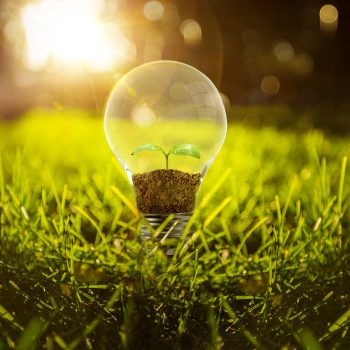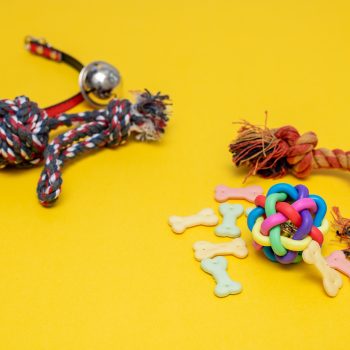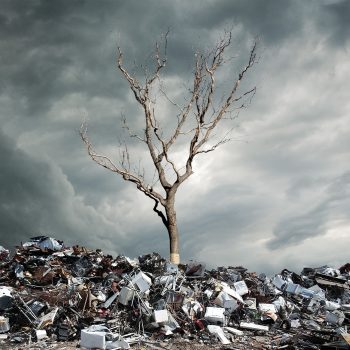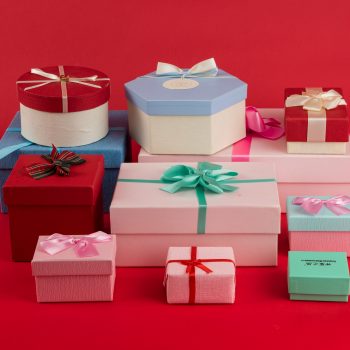Glass takes many millions of years before it breaks down in nature. This is because glass is a chemical compound that contains a large amount of oxygen. Oxygen is extremely reactive and will break apart any substance that it comes into contact with. Glass bottles are typically made from glass that has a low melting point. They are usually made of glass with high oxygen content, which means that they are very slow to degrade. If you want to recycle glass, you should look into using glass bottles that are made out of recycled glass.
Other questions related to glass
Does glass harm the environment?
Glass is a highly recycler, meaning it can break down into two pieces without any harmful chemical emissions into our atmosphere. When glass becomes broken down (or shattered) into smaller pieces, however, those pieces are not completely harmless. They can cause harm in many ways, including the release of toxic chemicals. Glass can also become a fire hazard, which can lead to fires in homes and other buildings. If you’re concerned about the health effects of glass, you should consider buying glass that’s been recycled. That way, all the glass will be recycled and you’ll avoid the potential health risks. This is especially important if there are children in your household. Children who play with glass can get sick from the dust and chemicals that are released during the breaking down process. You can prevent this problem by buying recycled glass.
Is glass worse than plastic?
Glass is more harmful than plastics because glass comes from minerals that are rare and mined using fossil fuel energy. Plastic is produced from petroleum and therefore requires less energy to manufacture and transport. Glass, on average, takes longer to break down and needs to be cleaned more often. This means that it emits more CO2 and releases more toxic gases into the atmosphere. Both glass and plastic are extremely durable, meaning that they are not easily broken or damaged. However, glass bottles are more expensive to repair and require more maintenance. On the other hand, plastic bottles do not break easily, making them more durable and less costly to replace. If you live in an area where glass bottle recycling is available, you should recycle them. You can also buy glass jars and bowls online to keep your glass collection organized. There are many places where you will find glass recycling bins around the country.
How does glass biodegrade?
Glass does crack, however, this does occur at a rate that allows for slow decompositions. Some types of glasses are more prone to breakage than others. For example, some types are harder than other types. Glass is naturally transparent, so it can only break when it hits something solid. If it hit something hard, such as metal, glass would break. But if it struck something soft, like a plastic bottle, there would be no break whatsoever. However, if someone broke a bottle of soda, many of those bottles would shatter instead of breaking. Thus, whether or not a piece of broken glass breaks, depends on how hard it was hit. As a result, while glass is relatively inert, people tend to think of it as being somewhat fragile.
Can glass become sand again?
Finely ground glass can indeed become fine sand, which is why it might be used as filter media in pools. But this is a controversial issue, since it has long been believed that sand is actually a kind of plastic, while glass isn’t. This is because sand particles are generally smaller than glass particles, so when they come together, their surfaces tend to stick together. So, although sand will stick to glass, glass will not stick well to anything else. Glass is much harder than sand though, making it a much more durable material than regular sand (which is often used in pool filtration systems). One of those concerns is whether glass would be able to hold water, especially in high heat environments.
Is it better to drink from glass or plastic?
Glass bottles are the best option for water because of their chemical free nature, natural ingredients, safety, durability, etc. Plastic bottles don’t have these qualities, so they’re not recommended for drinking water. However, glass is safer than plastic because all chemicals are chemically inert within the glass. This means that even if there is a chemical reaction between the liquid and the bottle, this will not affect the taste of what is inside the tube. Also, since the outside of glass vessels is smooth and shiny, no liquids can stick to it. Finally, unlike plastic, which is easily damaged by heat, glasses are resistant to scratches and breakage.
Why is glass no longer recyclable?
Glass that has already been recycled is no less contaminated than glass that hasn‘t been recovered yet. Broken glass sticks to any material it comes in contact with, including paper, cardboard and plastic. This contamination makes the glass useless. Recycled glass is also generally not recycler friendly. Glass recycling firms do NOT want glass left in their recycling bins. They do, however, want broken pieces of glass to be discarded. If you are concerned about glass contamination, check out our glass cleaning guide.“ The glass industry has long been concerned with the potential for contamination of recycled glass. Many glass manufacturers have used the same methods to clean recycled glasses as they do to make new glass products.












